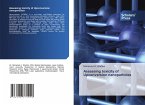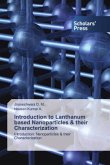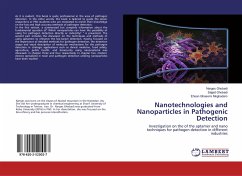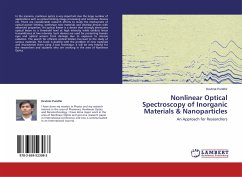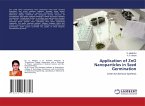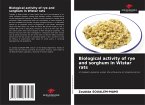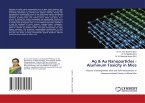Neurotoxicity is a major obstacle to the effectiveness of cisplatin in cancer chemotherapy. Oxidative stress and inflammation are considered to be the major mechanisms involved in cisplatin neurotoxicity. The efficacy of silica nanoparticles in a nano-emulsion with amifostine (SiNPs@AMF) in the management of cisplatin induced toxicity in rat brains by monitoring its antioxidant and anti-inflammatory effects was investigated. Drugs are prescribed by doctors to treat or prevent disease. However, due to genetic predisposition, nonselective action, inappropriate use, or administration of the drug, some drugs may be hazardous to some patients. Additionally, to understand the safety and intrinsic toxicity of their products, pharmaceutical and biotechnology corporations spend years and millions of dollars on clinical trials. It is important to understand that no drug is totally specific. All drugs have both primary intended effects and secondary undesired consequences, also known as side effects or adverse effects.
Bitte wählen Sie Ihr Anliegen aus.
Rechnungen
Retourenschein anfordern
Bestellstatus
Storno


